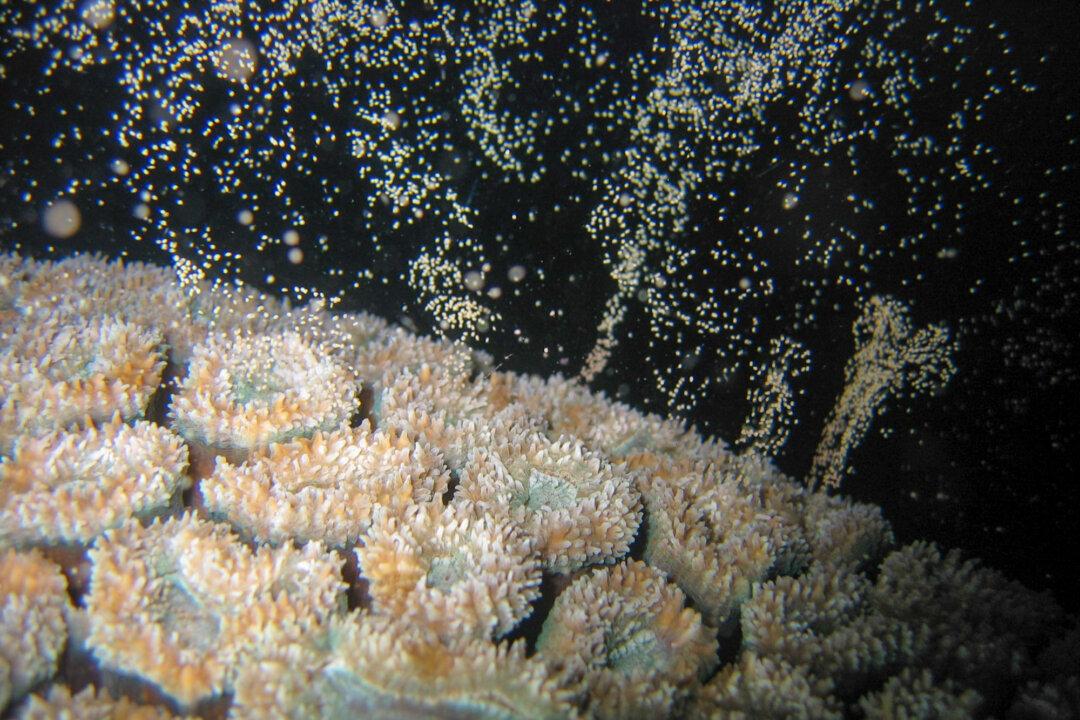Corals are able to cope with climate change and changing sea temperatures better than previously thought, a new study found.
Published on Monday, the study led by James Cook University’s (JCU) Coral Centre of Excellence found that coral is good at passing on adaptive traits onto new generations, such as genes for living in warmer sea temperatures.





